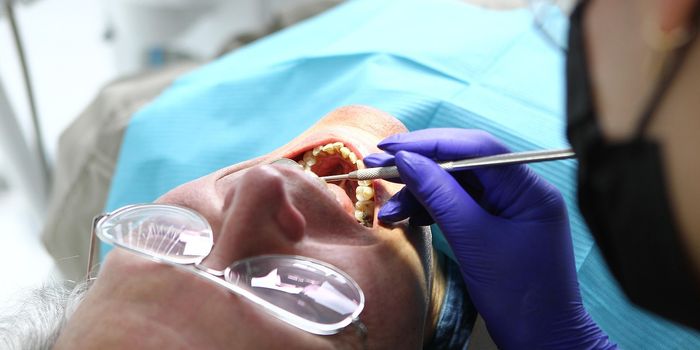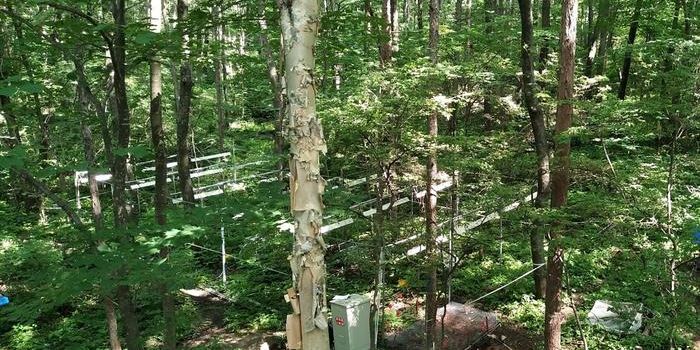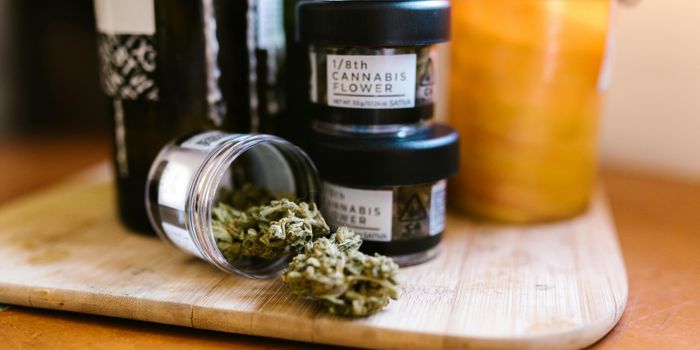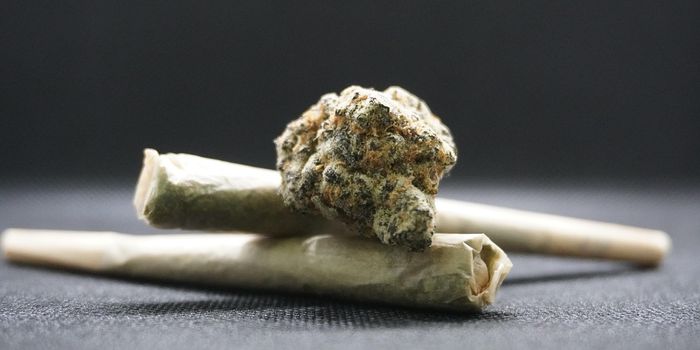Plastic Pollution to Blame for Harp Seal's Untimely Death
Earth’s oceans and the animals that inhabit them are experiencing a crisis; rogue pieces of plastic pollution pose a considerable risk to marine wildlife welfare, and the issue will only worsen until humanity adopts a new way of life.
Just last week, a Thailand-based pilot whale passed away after ingesting plastic bags that the animal likely mistook for food, and it now seems that a young and lifeless harp seal washed up in Scotland because of similar circumstances.
Image Credit: Jennifer Hayes, National Geographic Creative
Upon discovery, animal experts relocated the harp seal’s body to a Scottish Marine Animal Stranding Scheme (SMASS)-owned lab to conduct a necropsy. The results uncovered that a small piece of plastic no longer than 6cm across may have been to blame for the animal’s early demise.
As it would seem, this inconspicuously-small piece of plastic was enough to clog the harp seal’s stomach and prevent food from exiting into the intestines. The animal likely experienced a long and painful death associated with starvation from being unable to eat and digest its food correctly.
Image Credit: SMASS
"Seeing the plastic lodged in the stomach was yet another reminder of the impact of plastic pollution in the marine environment," the SMASS said in a statement.
"Death due to plastic ingestion appears thankfully incredibly rare in cetaceans and seals, but in this case, it is plausible this hungry pup mistook this small bit of floating plastic for food. Once in the stomach, it would not be broken down, and became partially lodged in the narrow opening into the intestine."
Related: Dead sperm whale had 64 pounds' worth of plastic bags in its body
Notably, it’s quite uncommon for harp seals to make an appearance in Scotland. Experts suggest that oceanic warming associated with climate change may have prompted the animal’s passage away from standard regions.
The circumstances surrounding the harp seal’s death serve as an unnerving reminder of how plastic waste mismanagement impacts the world around us. These consequences resonate across the globe as the ocean’s tides move plastic waste from one part of the planet to the other.
Do the planet a favor the next time you visit the beach and pick up any stray plastic bits that you might find. You’d be doing an excellent service to marine wildlife in doing so.
Source: BBC










